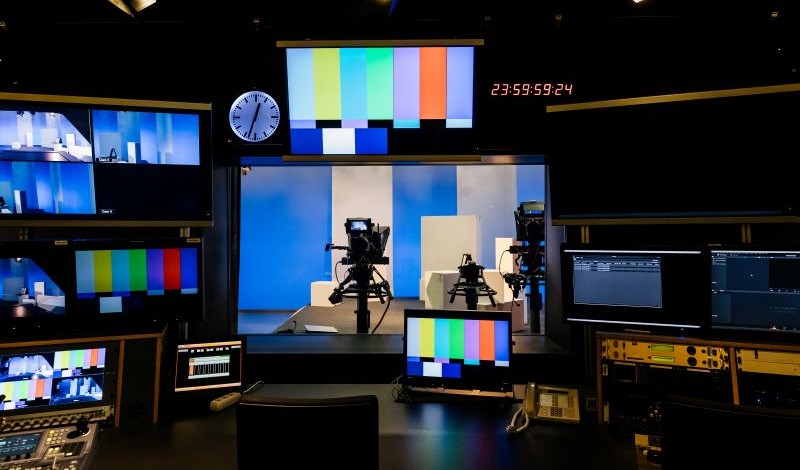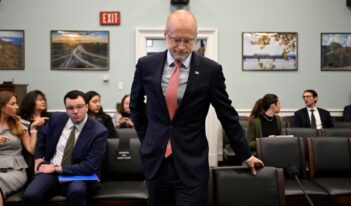
Scholars and practitioners debate the continued need for the FCC’s fairness doctrine for broadcast news.
Broadcast news was once the primary source of information for the American public. In recent years, however, the news landscape has shifted dramatically. Streaming services and the internet now make up much of what viewers consume on television.
In light of recent changes in the media landscape, legal scholar Richard J. Pierce, Jr., of The George Washington University Law School has recently raised the question of whether regulators should continue to mandate that broadcast news provide coverage reflecting opposing views. In other words, has the principle of requiring fairness in broadcasting that the U.S. Supreme Court affirmed in Red Lion Broadcasting v. Federal Communications Commission outlived its usefulness?
In this series, The Regulatory Review is featuring Pierce’s original essay entitled, “The Supreme Court Should Overturn the Fairness Doctrine,” along with two responses to his essay. In the first response, Daniel R. Suhr of the Center for American Rights argues that the Supreme Court should not overturn the Red Lion decision. In the second, Randolph J. May of The Free State Foundation argues that either Red Lion should be overturned or Congress should amend the Communications Act to remove the FCC’s broad authority to require broadcast fairness.
The Supreme Court Should Overturn the Fairness Doctrine
October 6, 2025 | Richard J. Pierce, Jr., The George Washington University Law School
The Court should no longer allow the government to require that broadcasters air opposing views on public issues.
No Need for the Supreme Court to Revisit the Fairness Doctrine
October 20, 2025 | Daniel R. Suhr, Center for American Rights
The Court should not overturn a settled doctrine that ensures the fair use of airwaves.
Congress Should Eliminate the FCC’s Public Interest Authority
October 21, 2025 | Randolph J. May, The Free State Foundation
The FCC’s authority to regulate should reflect the modern realities of broadcasting.



